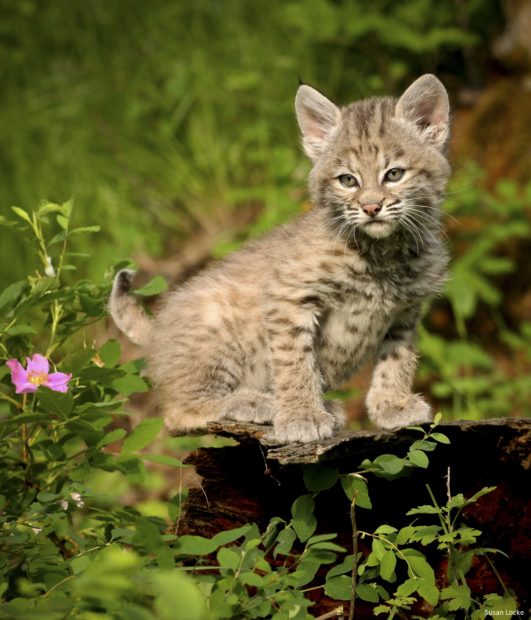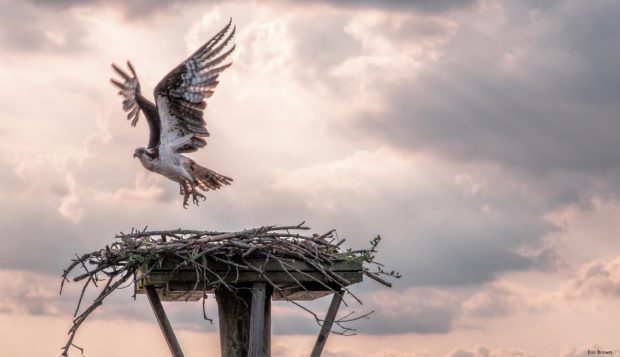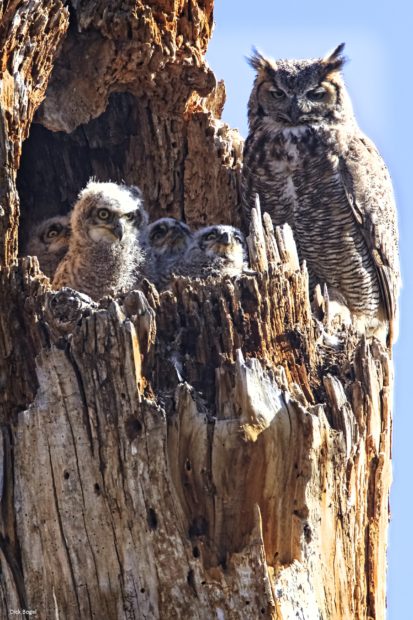We have much more to do and your continued support is needed now more than ever.
Losing a National Treasure
Loxahatchee National Wildlife Refuge Under Threat

The Arthur R Marshall Loxahatchee National Wildlife Refuge is a prime example of what the northern Everglades once looked like – an intricate mosaic of wet prairies, sawgrass, sloughs, tree islands, and cypress, stretching across roughly 225 square-miles in southeast Florida. The refuge is within an hour’s drive of nearly six million people and is surrounded by commercial agriculture and suburban residences.

This summer, the Loxahatchee refuge welcomed the largest wading bird colony in the Everglades with over 7,000 nests. It’s also a popular spot for fishing, canoeing, hunting, biking, hiking and wildlife watching. Unfortunately, this beautiful wilderness also attracts an invasive plant, the resilient climbing fern, which has been difficult to eradicate.
In August, the South Florida Water Management District began a process to dissolve the partnership between the district and the U.S. Fish and Wildlife Service (FWS), who has managed Loxahatchee National Wildlife Refuge under a lease agreement for half a century. The state is threatening to end the lease on the grounds that FWS has failed to meet the schedule for controlling the invasive climbing fern.

The fact is that controlling this invasive species has proven to be incredibly expensive. The FWS budget for invasive species control is $10 million annually on a national scale, a figure far too low to manage exotic species on the nation’s 565 refuges. Already the FWS is contributing $2.5 million annually – a large portion of its budget – to the treatment of invasive species in Loxahatchee.
By eliminating the lease agreement, all costs to eradicate this invasive plant will fall to the State – which has its own budget struggles. In fact, the State stopped contributing to on-going invasive control efforts from 2009-2013.

However, it’s unlikely that the real issue here is the resilient climbing fern removal. If the lease is revoked, the state can manage the land as a Water Conservation Area where the main mission would be water management, storage, and supply — not to protect habitat for wildlife. The lease cancellation threatens the huge bird colony, and there are concerns that the current water quality requirements will be reduced without the federal interest in the refuge.
Water is the lifeblood of the Everglades and consequently, South Florida’s economy and environmental health. Taking land away from the public to potentially pave the way for more polluted water to enter this delicate system is a step backwards in the important federal-state partnership to restore America’s Everglades. It also sets a dangerous precedent for public lands nationwide.
The State of Florida must continue its long-lasting partnership with the Fish and Wildlife Service with the common goal of invasive species containment in the Refuge. We need to keep our nation’s wild treasures healthy for wildlife and accessible for families to enjoy. Help save this Everglades treasure. Take action to save the Loxahatchee National Wildlife Refuge.
Take Action





















